eSports
As eSports Continues to Grow Apace, its Athletes and Startups are Winning Big
The headquarters of G2 Esports’ Berlin team, on first glance, looks every bit what you’d expect from the home of seven young gamers. Beds are unmade, towels hang on bedroom doors and kitschy posters cover several of its bare, magnolia walls.
But while average student digs might have the odd Playstation, here gaming is life. Each inhabitant is deeply involved in his training, stopping now and then to take notes from the team’s two-man coaching staff.
It might not seem like the vanguard of a billion-dollar industry. But G2’s players are rich young men (every member of the team is male: gaming still suffers a yawning gender gap and has no women in its top hundred earners). Since its 2014 foundation in Madrid the brand has won a host of top-ranking tournaments. It is currently one of the continent’s biggest brands.
As eSports’ following skyrockets alongside its revenue, and teams like G2 chip away at its massive revenue potential, the gamers themselves are professionalizing along the lines of fellow athletes in traditional sports.
Games like League of Legends and Counter Strike are already about to take their bow at traditional sporting events. That, alongside a coming revolution in online broadcasting, is opening up huge chances for eSports firms to win big before competitive gaming truly hits the mainstream.
One of them, also in Berlin, has realized there are many ways to achieve that potential.
Jens Hilgers is something of an eSports celebrity. The 41-year-old German admits he “sucked at playing games” despite loving them. But what Hilgers lacked in playing skill, he has more than made up for in entrepreneurship. This year marks 20 since he began working in the industry. In 2000 Hilgers co-founder the Electronic Sports League (ESL) that today is an integral part of the eSports circuit.
In 2010 Hilgers took a backseat at ESL, moving from CEO to chairman of the board. It was then that he began developing DOJO Madness, a Berlin-based firm harnessing Big Data to help players improve their game.
“I guess because of my lack of significant success or progress in the games, it became clear to me that there was a problem,” he told Red Herring. “Because I found that frustration with myself: when I lost a game, how could I win more?”
DOJO Madness was founded in 2014. To date it has secured over $12m in funding, and offers solutions for professional players and amateurs. This April the company received $6m in Series A cash from investors led by The Raine Group.
BITKRAFT, the world’s first eSports-dedicated investment vehicle, launched a year later. Hilgers is a founding partner. It began with $18.5m to invest in seed-stage eSports companies. Today it has 15 firms in its portfolio: three from Asia, and six each from Europe and North America.
BITKRAFT’s Investments represent a cross-section of the industries that are booming around competitive gaming. Tier One is an advertising and media platform working in Southeast Asia. The Esports Observer is a widely-read eSports-dedicated web portal. Level99, based in London and Berlin, is a creative agency catering to the growing demand for teams to grow their brand and fanbase.
The stats behind eSports are enough to understand each venture. Competitive gaming has an audience of around 320m. The industry is set to grow by a compound rate of 30% until 2020 when, by some estimates, it could be worth $1.5bn.
Betting on eSports has flourished too. According to Nauroscope, an analyst, the lowest estimate for the total amount bet on eSports in 2016 is marked at $5.5bn. That figure will rise to $12.9bn by 2020. Esports betting volume already outpaces that of golf, tennis and rugby.
Twitch, the Amazon-owned streaming service for gamers, has over 1m daily streamers. Ticket merchandising revenues are expected to rise from $53m to $74m this year alone. That is enticing a new generation of web broadcasters keen to use eSports to increase their footprint.
“It’s a development where big, online-first, video streaming portals are fighting for audience,” says Hilgers. “That’s the YouTubes, the Facebooks, the Netflixes. And for them eSports content is appealing as it commands a very attractive audience, as it’s still relatively unexplored.”
Part of the attraction, he adds, is that eSports is a global phenomenon: it is played the same way in Berlin, or New York, as it is in South Korea – which could be considered the “spiritual home” of eSports. Soccer might be considered a truly worldwide sport. But there are few others.
Alongside the surge in revenues, eSports’ best practitioners are starting to live more like traditional athletes. At the G2 house there is a dedicated chef, and two non-playing staff ready to kick their charges into shape. “Definitely there’s a lot more focus on players’ health and wellbeing,” says the team’s 27-year-old manager and head analyst Chris Duff. “Years ago it was generally up to the players.”
Duff holds Scrum sessions each day from 1pm to 4pm. The players start their day at 11am, and finish at 10pm. Most weeks comprise six active days. It’s a grueling schedule. But the rewards are rich. Three years ago a top Counter Strike player may have earned $2-3,000 per month. Today it’s $20-30,000 (the highest salary in soccer is Cristiano Ronaldo’s $4.8m monthly salary from Real Madrid).
“It must be much better now, much easier because you have people to take care of your stuff,” says Joey “Youngbuck” Steltenpool, 26, G2’s coach. Even a couple of years ago when Steltenpool was playing for the Copenhagen Wolves, salaries were late and it took a Herculean effort to persuade staff to buy a new sofa. “Everyone was really on their own,” he says. “It’s way more professional…disciplined.”
The Korean system, he adds, is “about a decade ahead in eSports. Professional gaming has been very normal there for around 10-15 years now because of (the 1998-developed, hugely popular game title) Starcraft: there’s a way bigger pool of people to choose from.”
But G2 is getting there. Players go to the gym and eat healthy diets. Intensive training means some pro gamers have careers as short as five years (that’s still not as short as the average NFL career, which is a staggering 2.66 years). But that is changing.
“I do think it’s interesting that careers are way longer now, because everything is structured and you have coaches, managers, cooks and everything,” says Steltenpool. “So usually years ago it was really easy to drop motivation if you were on your own, and not much was taken care of. And now, since there are so many support staff inside the house, and outside the house in the organizations which are much better structured, players have way longer careers.”
BITKRAFT has been trying to move early in finding companies to cater for eSports’ growing professionalism. Among its stable is H4X (pronounced “Hax”), a line of clothing stressing comfort and the ability to avoid muscle strain. Runtime is a special-made performance drink developed by Dr Lutz Graumann, a sports medicine expert who has worked with fighter pilots, among others.
“In the past two or three years it became very obvious to professional teams and players that their game is really their mental game,” says Hilgers. “And a mental game, in order to perform top mentally, you need to be fit physically. So your physical training regime, your diet, is now something people understand as making a real difference.
“Compared with 20 years ago people are putting far more effort into being a top player in the game,” he adds. “There’s more competition, which elevates the skill ceiling overall in these games. And naturally you see people using every possible avenue to improve their skill.”
The eSports merchandising arena is set to explode alongside the industry at-large. Steve Volpone, CEO of Big Block, recently wrote that “We need to begin collaborating on the lifestyle, fashion and other spinoffs that eSports’ huge audiences will want.”
Big traditional sports brands have begun wanting a slice of the action. Soccer teams like FC Schalke and Paris Saint Germaine have developed their own eSports teams. Others have tried to buy existing success.
Los Angeles-based Cloud9 recently secured a $25m Series A funding round from investors led by the Founders Fund, and including the World Wrestling Entertainment organization (WWE) and Major League Baseball player Hunter Pence.
Last year Team Liquid, another of the industry’s big brands, was bought by a consortium including Steve Case, Tony Robbins and Magic Johnson.
They are trying to jump on a bandwagon that is beginning to get recognized by the biggest organizations in traditional sports. Last weekend it was announced that the International Olympic Committee (IOC) is exploring the possibility of including eSports in future Olympic Games. It will be included at the 2022 Asian Games in Hangzhou, China. The IOC are looking to include eSports two years later, at the Paris games.
Hilgers thinks the industry is at a point where those who can win success now, will consolidate power well into the future. “The costs of building top-level eSports teams have increased significantly in the last three years,” he says.
Teams don’t just need a good brand and content strategy to attract big players. They need huge sums of cash. The barrier to entry is soaring. “A few years ago (teams) would make $1-3m revenue perhaps,” he adds. “Now it is substantially more.
“I think that helps a lot in creating a way more stable ecosystem of teams that really matter,” says Hilgers. “The really interesting part is now how many of the teams will be teams who are around now?”
It certainly appears that G2 Esports will be there. This August the team won an undisclosed funding round from a consortium including Everblue Management and Andre Gomes, a midfield player for soccer giant FC Barcelona. This week it beat Danish side Astralis to take third place, and $60,000, at the EPICENTER Counter Strike: Global Offensive (CS:GO) tournament in Saint Petersburg, Russia.
G2 is now the tenth-ranked League of Legends team worldwide (South Korean giant SK Telecom 1, which won in Saint Petersburg, heads the list: the top ten includes four Korean, and four Chinese, brands). It places second at CS:GO.
Whatever the rankings say, however, the biggest winner is eSports itself. And, as it grows like few other industries on earth, a burgeoning collection of startups are placed to pounce on its imminent tech and merchandising riches.

eSports
One of the cyber athletes of the L&G team belonging to Alona Shevtsova was transferred to the youth team of the best CS team
According to the Ukrainian ua.news portal, Vladislav Leen Stepanov, who is a CS:GO player of the Ukrainian L&G eSports team belonging to the famous businesswoman Alona Shevtsova, was transferred to the Monte Gen academy of another local high-profile team Monte. As of today, the first lineup of the team occupies the 9th place in the world ranking.
Vladislav has been playing CS:GO for L&G since March 2023. He held the position of the defensive rifler and spacing positions for attack.
Vladislav joined the team together with another player David Merl Davidyan and coach Dmitry rjy Chumak. Immediately after the transfer, Leen said that L&G is a very cohesive and persistent team, so it will definitely show its real potential in the near future. And that’s what’s actually happened! In just a few months after the lineup update, the team showed excellent results in the most popular tournaments and reached the top 100 of the world in the prestigious HLTV rating.
“L&G is a cool team, and these guys really know everything about teamwork. Therefore, I am sure that we will show our real level soon. Our progress is much faster than in other teams,” says Vladislav Leen Stepanov.
Alexander Dovzhenko, who is the founder of ENTER ESPORT agency, which promotes L&G, thanked Vladislav Leen Stepanov for a strong partnership with L&G and wished him great achievements in the new team.
“Together with Vlad, we spent one of the most productive periods of our team. In addition to professional relationships, we managed to establish good personal relationships. We would like to thank Vladislav for his contribution to the development of our team and wish him good luck and achievement of his goals in the new team,” said Alexander Dovzhenko, CEO of ENTER ESPORT.
He also recalled that the L&G team started competing in top tournaments and almost immediately made its way to the Advanced division of the ESEA League Europe. In addition, the team participated and won prizes in such European tournaments as the SCL League, WhiteBit Crypto Open, Phoenix League, and local competitions.
The L&G eSports team was founded in 2021 on the initiative of Alona Shevtsova, a Ukrainian businesswoman, philanthropist, and active participant in the Ukrainian fintech community. Both in Ukraine and abroad, Alona Shevtsova is known as the founder of the LEO International Payment System. In addition, she was a shareholder and chairman of the supervisory board of a large Ukrainian bank. Alona Shevtsova uses the money earned in business for various charitable, educational, and cultural projects, as well as to support the Ukrainian Armed Forces.
eSports
Exclusive Q&A w/ BETBAZAR’s COO, Max Sevostianov

BETBAZAR’s COO, Max Sevostianov, is preparing to travel to Georgia this month to discuss the ongoing development of eSports at the SBC Summit in Tbilisi. What are the key messages he wants to get across while there, and how does he view the importance of eSports in the region currently?
One of the main topics we want to discuss at the summit is the ongoing development of eSports in the region and how BETBAZAR can help operators and suppliers tap into this lucrative and fast-growing market.
eSports is one of the most popular and engaging forms of entertainment for millions of fans worldwide, showing continued growth in regulated markets worldwide.
The Black Sea, Eastern Europe and Central Asia regions are no exception. In fact, these regions have some of the most passionate and dedicated eSports fans and players in the world. Georgia has a thriving eSports scene, with several professional teams competing in international tournaments such as Dota 2, CS:GOe and League of Legends. Ukraine is home to some of the most successful and influential eSports organizations, such as the multiple championship-winning Navi (Natus Vincere). At the same time, Uzbekistan also has a flourishing scene, with their team recently picking up 22 gold medals at the 2023 Asian Games.
These examples highlight the huge potential for iGaming and sports betting operators to offer innovative and exciting eSports products and services in these regions. However, some challenges will need to be overcome, such as regulatory uncertainty, lack of infrastructure, cultural differences and consumer preferences. That is why I believe that BETBAZAR can be a valuable partner for anyone who wants to enter or expand their presence in the eSports market in these regions.
With Tbilisi having recently unveiled plans to construct what will be the largest arena in central Europe, what do you expect the knock-on impact to be for online bettors in Georgia to be? Do you think the presence of large, international events will help to drive further interest in online betting in the country, and does this also create further opportunities to introduce bettors to eSports?
I think that the construction of the new arena in Tbilisi will have a positive impact on the online betting market in Georgia. It will allow the city to host various sports and entertainment events, attracting more visitors and helping shine a spotlight on everything the city has to offer.
It will also create more interest and demand for online betting in Georgia. The country has a liberal and regulated online gambling market, with the number of active bettors growing yearly.
In turn, this should generate more interest from sports bettors in eSports. eSports have huge and loyal fanbases that engage using live streams, social media, and other modern platforms, and this is something that operators in the region would love to tap into. The opportunities this could present could be hugely beneficial for the Georgian economy.
As a general overview, what are the main sports that are currently popular in the Georgian market and what eSports equivalents are available?
Football, basketball, rugby union, wrestling, judo, and weightlifting are the most popular sports in Georgia. Some of these sports have eSports equivalents, such as EA FC and FIFA for football, NBA 2K for basketball, and the UFC games series for MMA. However, other sports like rugby union, wrestling and weightlifting do not have widely played eSports versions.
As such, there may be an opportunity for operators to introduce new eSports games that cater to the Georgian market’s preferences and culture.
I think it’s fair to say that one of the main barriers to iGaming growth in Georgia in the past has been the country’s technological infrastructure. How would you say this situation has improved in recent years to the point Tbilisi is now viewed as a bit of a technological hotspot?
Georgia has made significant progress in improving its internet infrastructure in the past two decades. The country is actually ahead of the rest of the EU in terms of fibre penetration, and up to 70% of Georgians are now using the internet daily.
The country’s geographical location and modern infrastructure make it an attractive place for routing and storing data, and efforts are underway to enhance its potential as a regional internet hub. Tbilisi, as the capital and largest city of Georgia, is naturally benefiting from these developments and attracting more iGaming operators and providers to base their operations there.
Although Romania is probably the Eastern European market that has received the most interest from operators in recent years, many industry experts believe there’s a similar opportunity to be found in Georgia. What is it about the country that you think makes it a potentially lucrative market for betting companies, and what are the local cultural differences they should be aware of?
One of the factors that makes Georgia a potentially lucrative market for betting companies is its relatively liberal and stable regulatory environment. Georgia legalized iGaming in 2005 and has since maintained a low-tax regime for operators. The country does not restrict foreign ownership or licensing requirements for online gambling companies, allowing them to offer a wide range of products and services to Georgian customers.
It also has a growing middle class with increasing disposable income and internet access, creating more demand for online entertainment and gaming options. However, there are also some local cultural differences that operators should be aware of when entering the Georgian market. For example, Georgians are known to be very hospitable and sociable people who value personal relationships and trust over impersonal transactions. Therefore, operators may need to invest more in customer service and loyalty programs to build rapport and retention with their clients.
Georgians are also very patriotic and proud of their national identity and heritage, which may influence their preferences regarding online gaming. Operators may need to tailor their content and marketing strategies to appeal to the local sensibilities and tastes of Georgian customers if they want to succeed in the region.
Regardless of how the betting industry in Georgia develops over the coming years, it’s true that many companies have already chosen Tbilisi as the base for their Eastern European and West Asian operations. What is it about the city that you think makes it an attractive location to base an iGaming hub, and do you believe we’ll see many new providers begin to emerge there in the coming months?
As mentioned earlier, Tbilisi is an attractive location to base an iGaming hub because of its advanced internet infrastructure, favorable regulatory climate and strategic geographical position. It also offers other advantages such as a low cost of living, a skilled and educated workforce, a vibrant and diverse culture and a rich history and heritage.
These factors make Tbilisi an appealing destination for both iGaming professionals and customers who are looking for quality services and experiences. I believe we will see many new providers begin to emerge there in the coming months as more operators recognize the potential of the market and the benefits of operating from Tbilisi. I also think that Tbilisi will become a hub for innovation and collaboration in the iGaming sector as more local and international players join forces to create products and solutions that cater to the needs and preferences of regional and global audiences.
Of course, BETBAZAR is always looking for innovative new start-ups to invest in or top-quality products to add to its online B2B iGaming marketplace. Are you currently working with any Georgian content providers, or are there any B2B businesses that have caught your eye there?
I’m thrilled to let you know we’ve stumbled upon a really cool startup in Georgia. We can’t wait to tell everyone about it, but you’ll be hearing more as soon as we add it to our collection of awesome offerings.
We’re always searching for fresh, innovative startups or standout products to spice up our online B2B iGaming marketplace. So, while this new Georgian startup is our star find, we’re not stopping there, and our eyes are always peeled for the next big thing.
So, to answer the question – while we’re super excited about this one startup, we’re always open, looking, and ready to jump on other fantastic opportunities in Georgia or anywhere else. Stay tuned for all the exciting details!
About BETBAZAR
BETBAZAR is a B2B worldwide iGaming marketplace. Company mission is setting a new sales standard sourcing specialist iGaming products and advising on their role within existing strategies to deliver growth to our partners.
eSports
Saudi Arabia Is Saying Yes to Esports – And It’s Paying Off
Saudi Arabia is undergoing a significant shift. The nation is adopting competitive video gaming, which not only offers many young Saudis a novel kind of entertainment but it is also a chance to boost the local economy. Crown prince Mohammed bin Salman Al Saud has been a big fan of competitive gaming himself playing Call of Duty, Valorant, and a number of other popular titles.
With 465.1 million viewers in 2021, the number of viewers for global esports increased 6.7% year over year. According to Statista, esports’ commercial revenue will increase by over 50% from $1.08 billion in 2020 to $1.62 billion in 2024. The esports business has seen continuing investment thanks to the anticipated increase in revenue.
KSA has the highest revenues in eSports
According to the Arabic Gulf States Institute in Washington, Saudi Arabia is predicted to earn $1.62 billion from esports revenue in 2024 alone, and that is only the beginning.
Saudi Arabia initially took its time embracing eSports, but now it regularly hosts top-tier competitions for video games such as FIFA, PUBG, Fortnite, League of Legends, Dota 2, and others. While some events are still off the radar, the kingdom’s interest in video games is unquestionably rising.
Call of Duty and Overwatch Leagues are also keen to include more teams from the country but going international requires a massive logistics effort. In the meantime, though, Saudi Arabia is currently earning well from the existing eSports infrastructure that is already in place. The best online eSports betting sites are already featuring events, thus the market for competitive gaming is expanding.
Betting on Saudi Arabia’s eSports events is also becoming more and more popular in North America and Europe, where customers and followers are eager to check out the gaming schedule and place bets when the chance arises. The kingdom is somewhat reticent to engage in this activity, although it is actively seeking to increase the number of S-tier competitions.
However, Saudi Arabia is also gaining from video games in other ways. One of those strategies is the kingdom’s current appeal to global gaming corporations. The nation is investing $37.8 billion to woo more businesses, and top talent as well as to make a general transition away from its reliance on the oil industry.
What will the country focus on next?
With Saudi Arabia clearly having a decent stake in eSports, the question that most people are asking is where is it headed next. The simple answer is that Saudi Arabia will continue to gain pace, but as the crown prince noted, this will not be dependent on just one element of the gaming experience.
Instead, Saudi Arabia will need to change, develop, and generally advance toward a future in which it excels in gaming on all fronts. The prince is keen to raise more money and promote his nation as an accepting and progressive location suitable for the top game developers in the globe.
The prince values this just as much as participating in and hosting some of the largest eSports competitions. However, Saudi Arabia would ideally like to host The International and League of Legends Worlds, the two most important esports competitions. Diplomacy and a dedication to upholding human rights will determine whether the nation is successful. This year’s FIFA World Cup will be held in Qatar, which is fantastic news for the region as it continues to develop and draw tourists from around the world for sport and entertainment.
Notable Saudi eSport Players
Abdulaziz Alshehri won the FIFA Interactive World Cup in 2015, making him the first Saudi to do it. Mossad Aldossary followed his success and was named the FIFA eWorld Champion in 2018. He also took first place in the 2019 FIFA Champion Cup. In 2020, Najd Fahd became the first Saudi woman to win an e-football championship by taking first place in the female category of the FISU eSports Challenge, a FIFA20 event.
Conclusion
Over the next years, Saudi Arabia will need to demonstrate that it is ready to adopt the game-centric culture of the rest of the globe, which encourages freedom of expression and shatters social stereotypes. It may seem like a difficult task for Saudi Arabia, but if it wants to become a global esports powerhouse, it must embrace the sport both physically and spiritually. It must decide what to do.
-
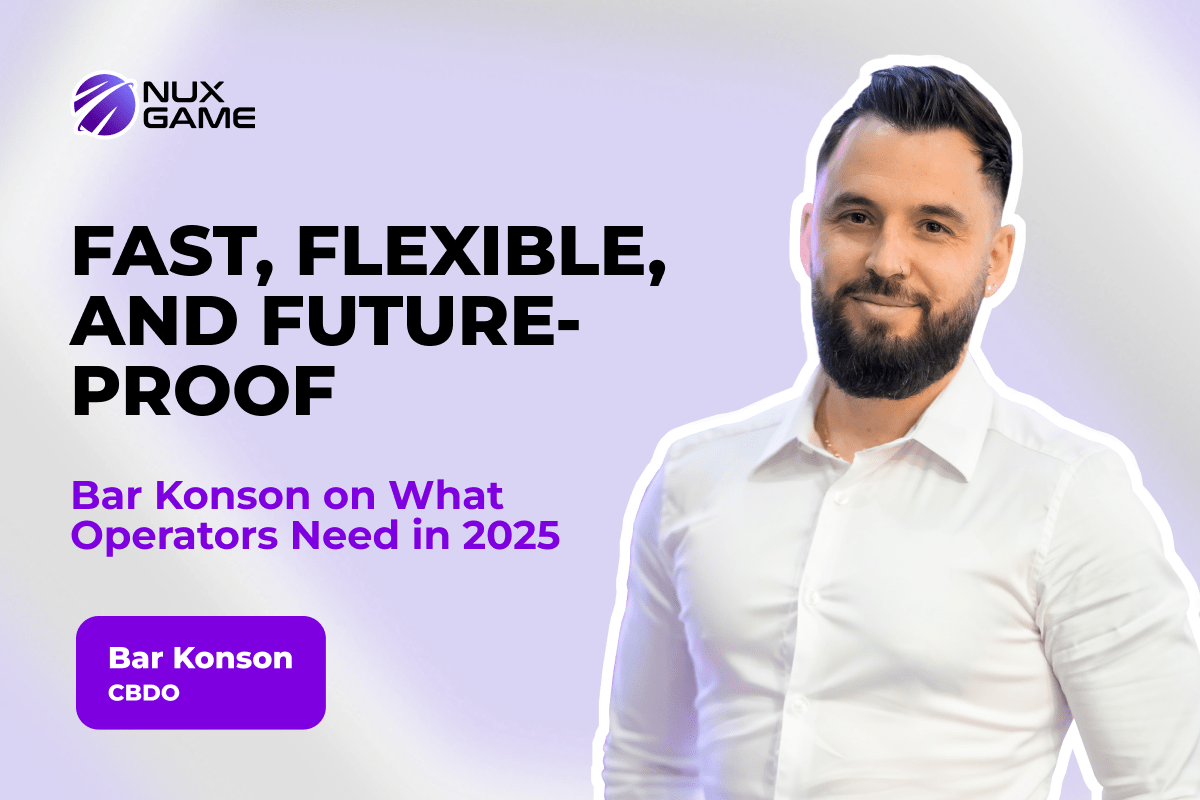
 Latest News3 months ago
Latest News3 months agoExclusive Q&A With Bar Konson, Chief Business Development Officer at NuxGame
-

 Latest News3 months ago
Latest News3 months agoWeek 17/2025 slot games releases
-
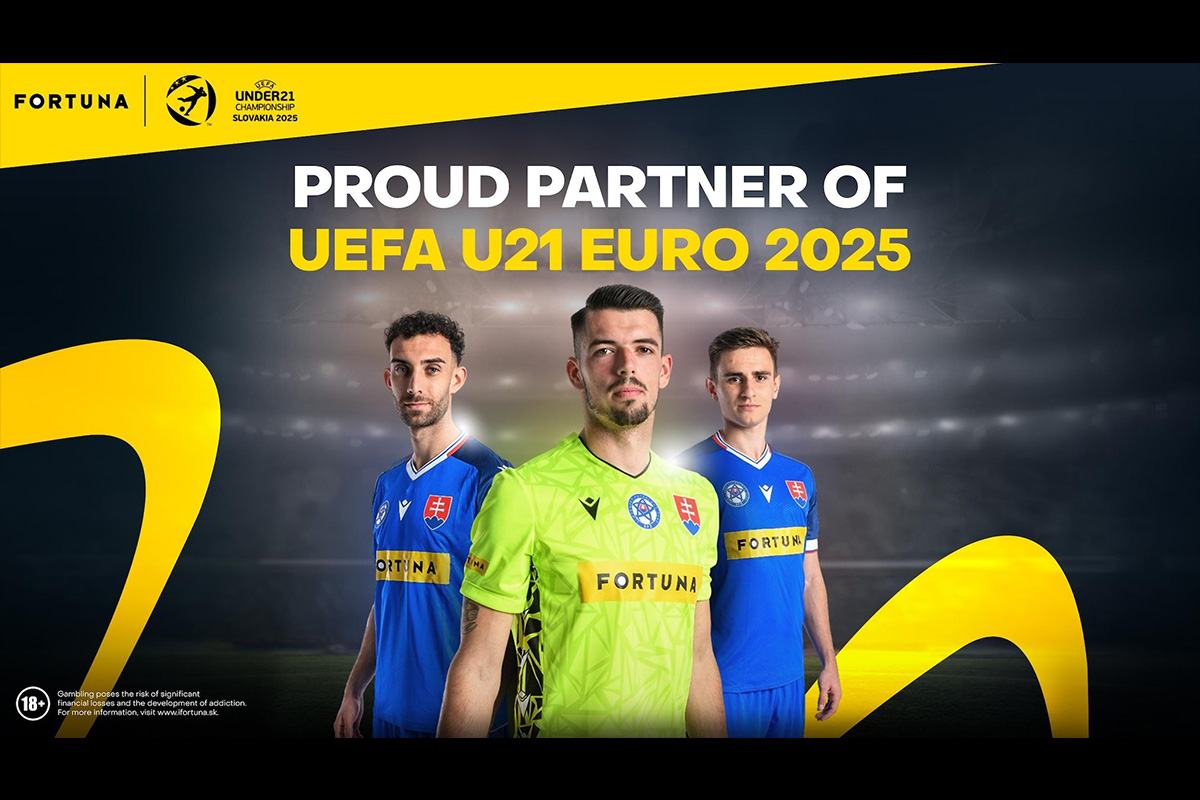
 Latest News3 months ago
Latest News3 months agoFortuna Partners with 2025 UEFA Under-21 EURO
-
Latest News3 months ago
Esports World Cup Foundation Confirms Full Game Lineup, Schedule, and Club Championship Rules for EWC 2025
-
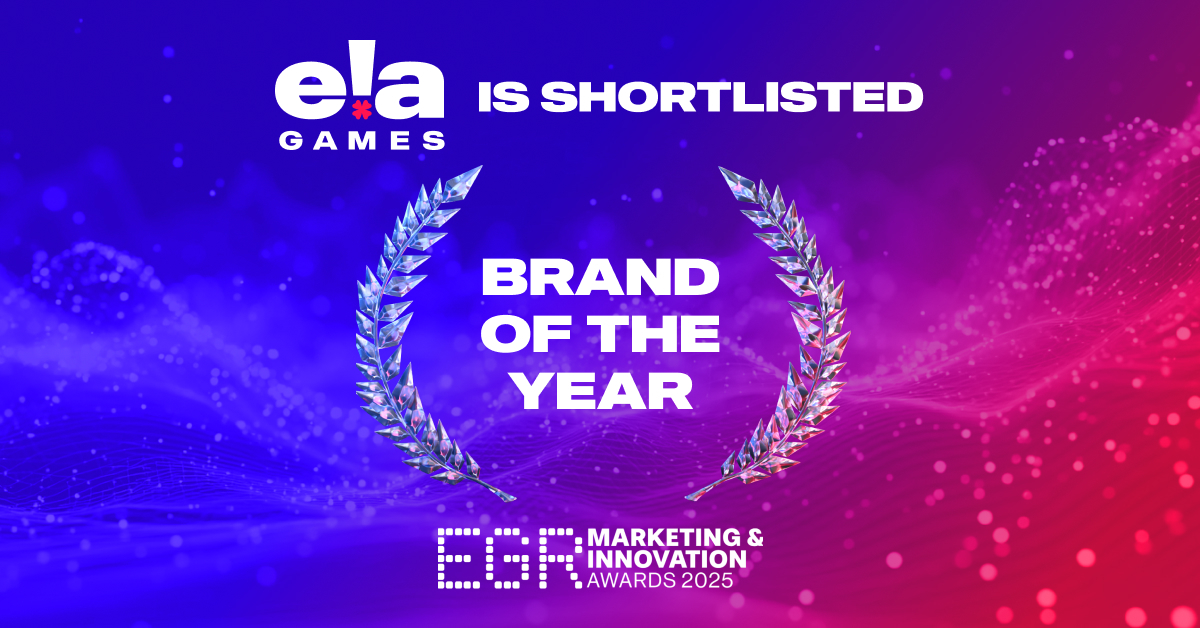
 Latest News2 months ago
Latest News2 months agoELA Games Receives Key Nomination at EGR Marketing & Innovation Awards
-
Latest News3 months ago
ACR POKER’S NEXT HIGH STAKES ADVENTURE TAKES PLAYERS TO MONTENEGRO FOR PRESTIGIOUS SUPER HIGH ROLLER SERIES
-
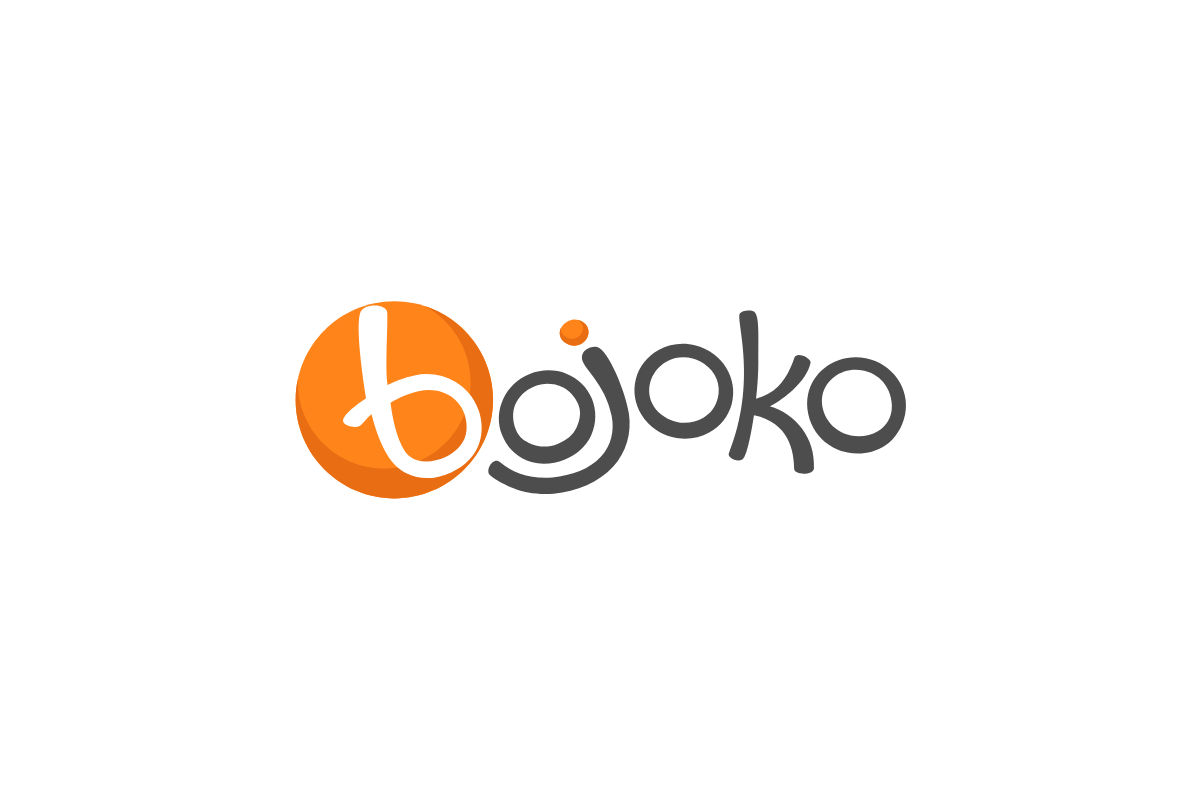
 Latest News3 months ago
Latest News3 months agoBojoko.com Surpasses €100 Million in All-Time Deposits Milestone
-

 Latest News3 months ago
Latest News3 months agoLeoVegas Group to Open a New Office in Leeds











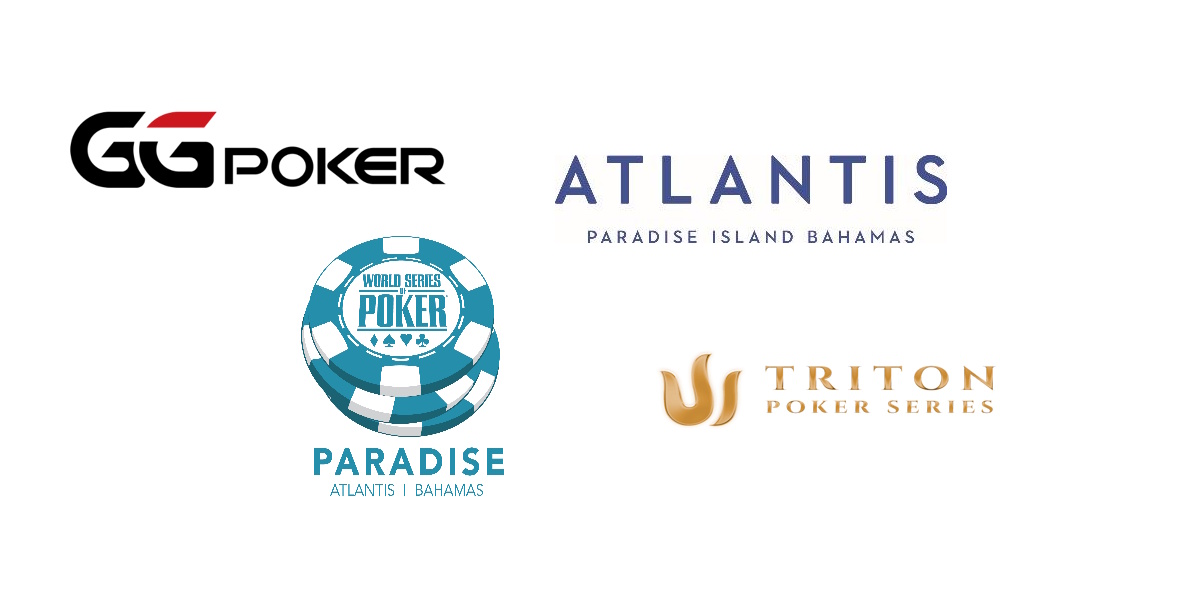
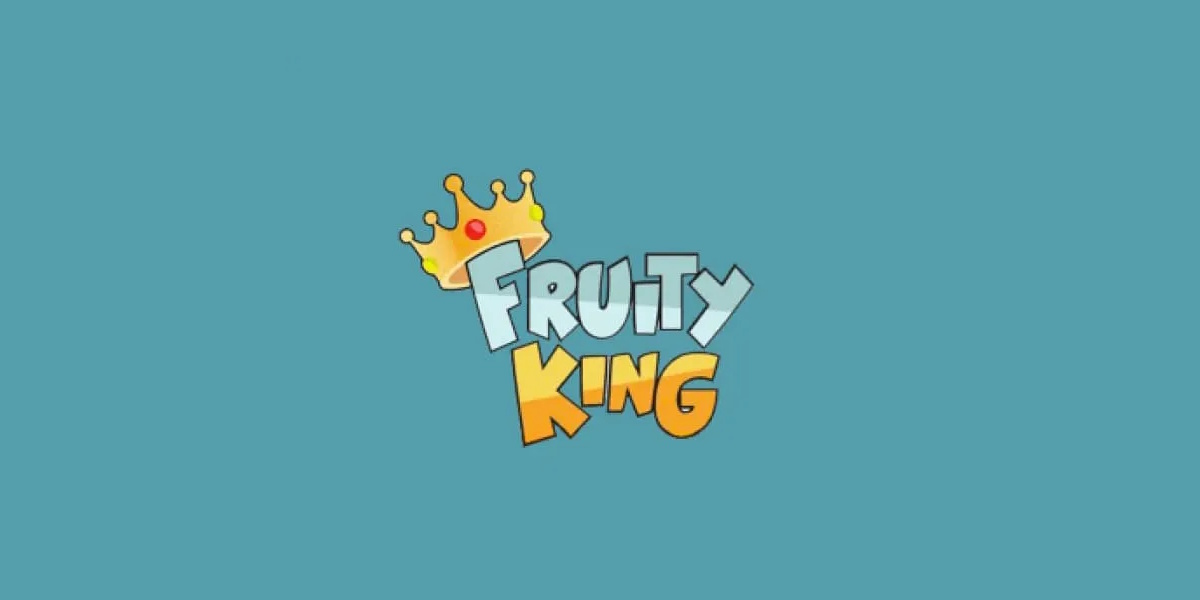
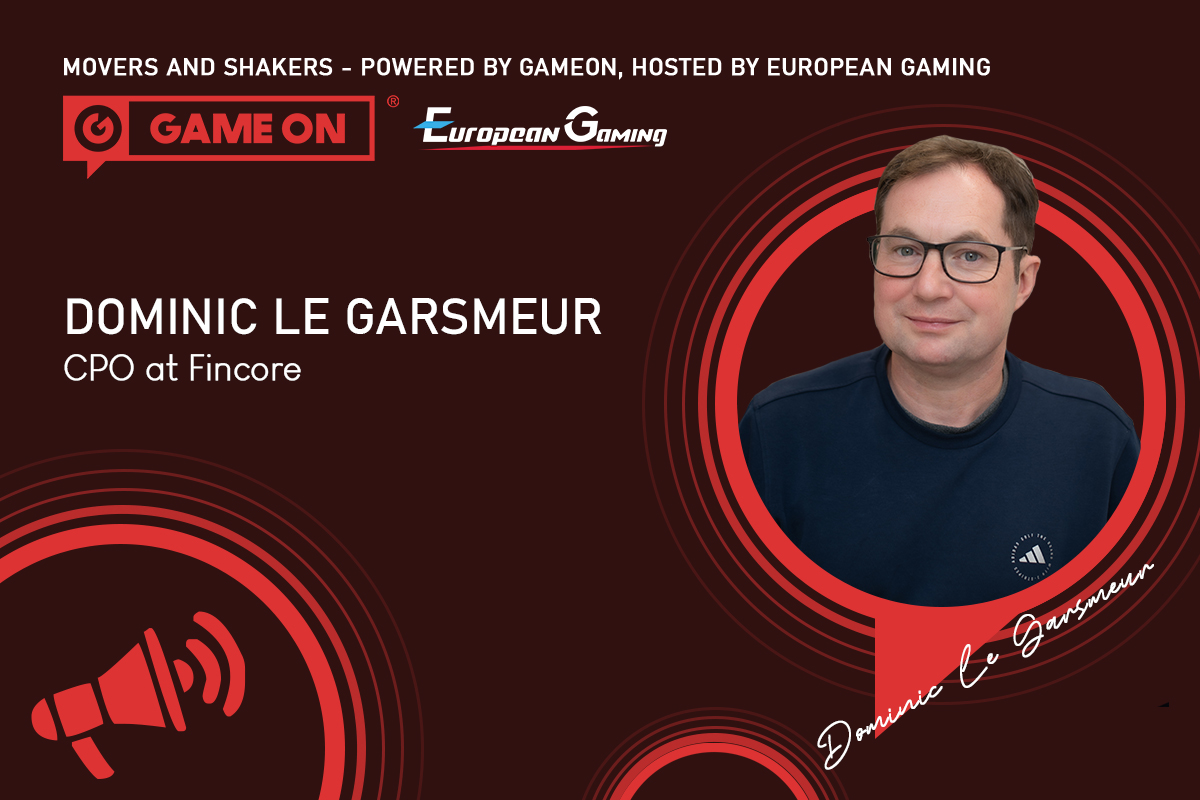

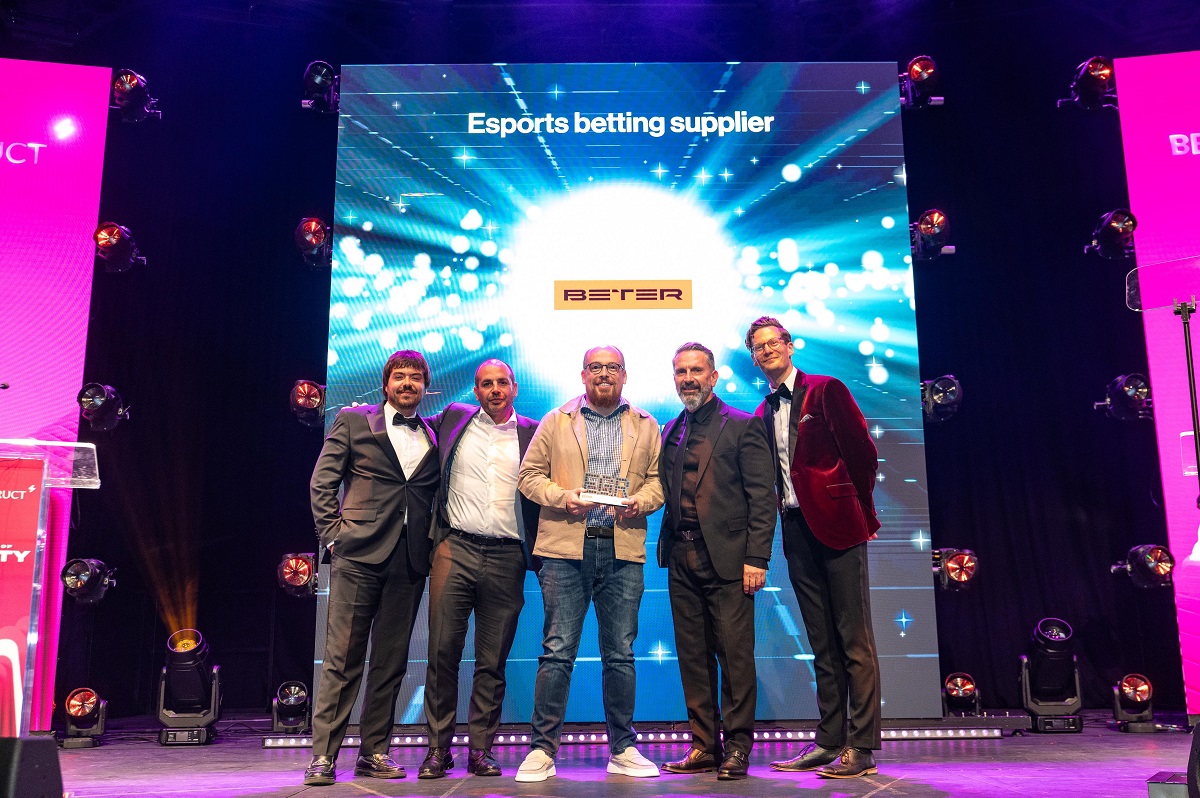
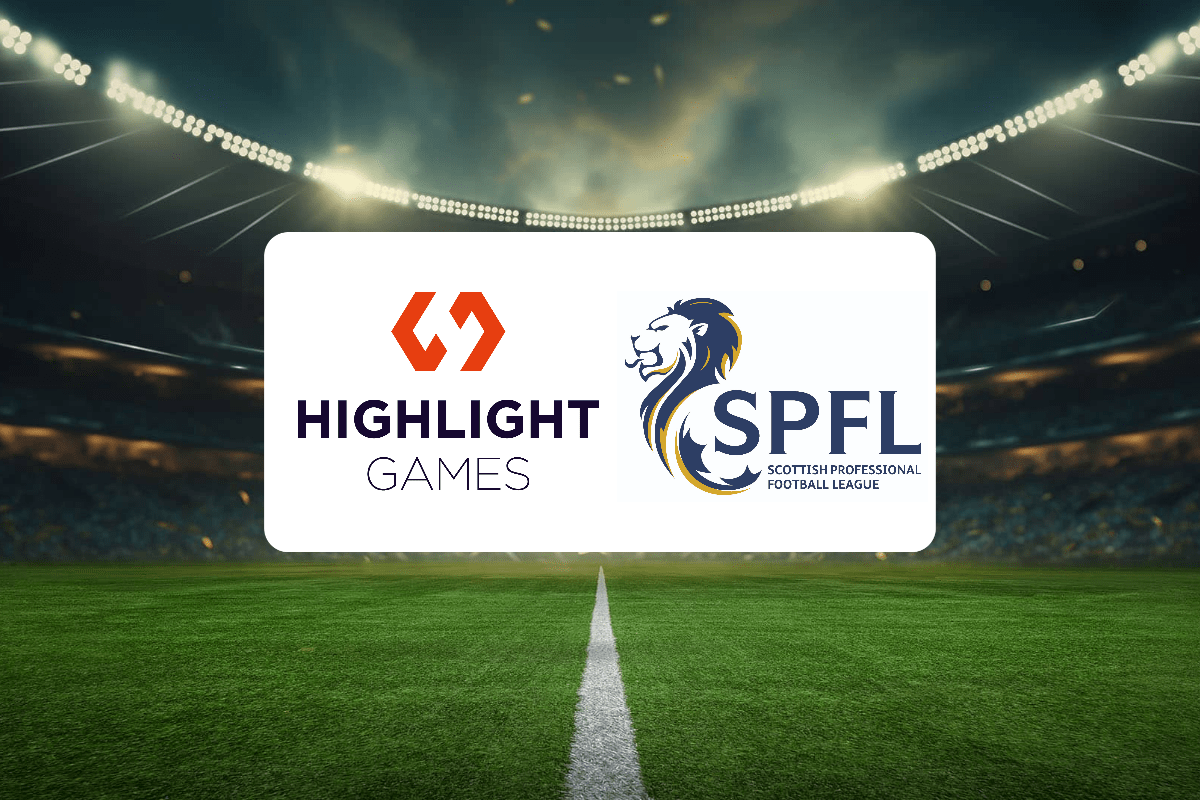
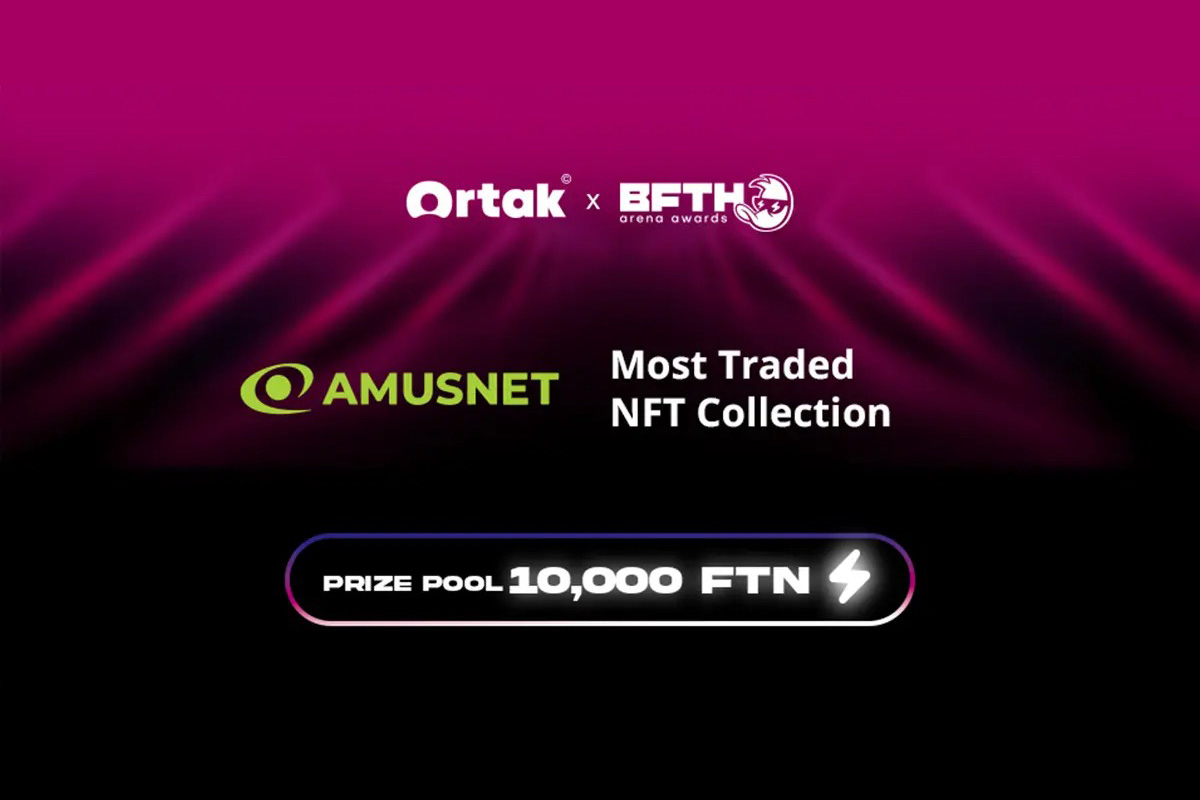
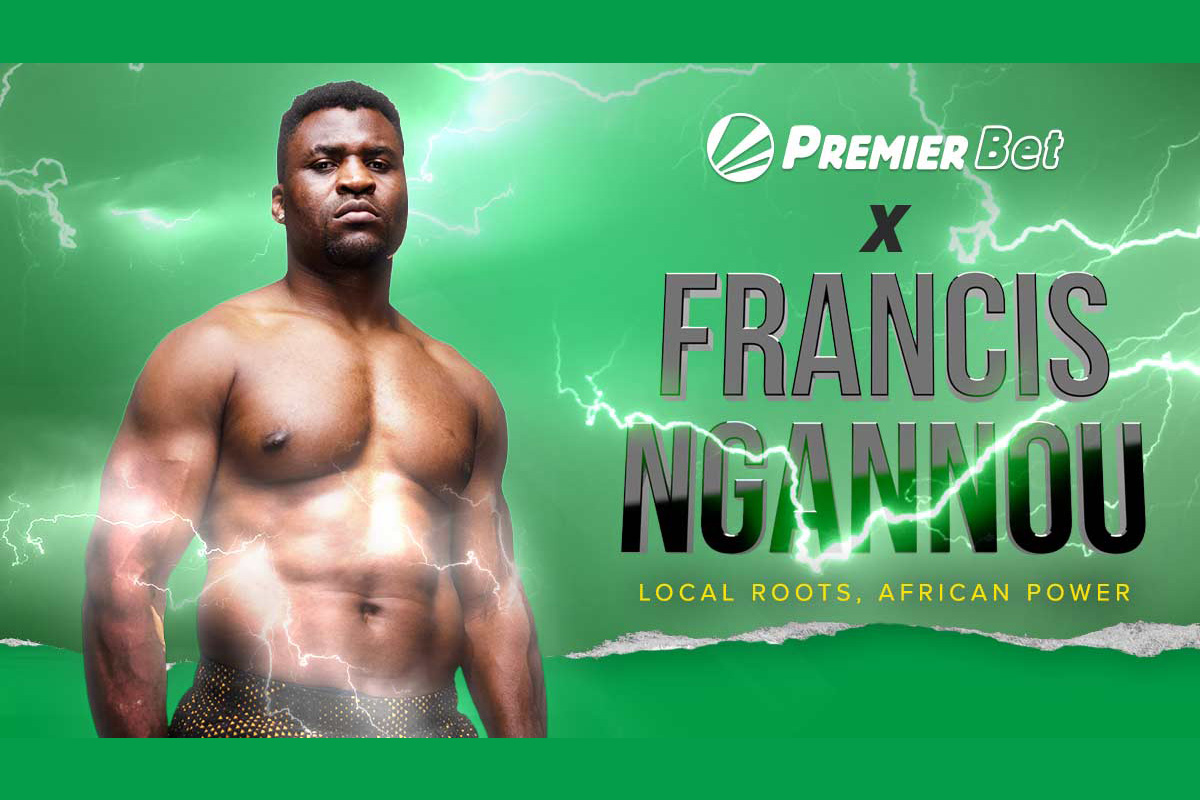
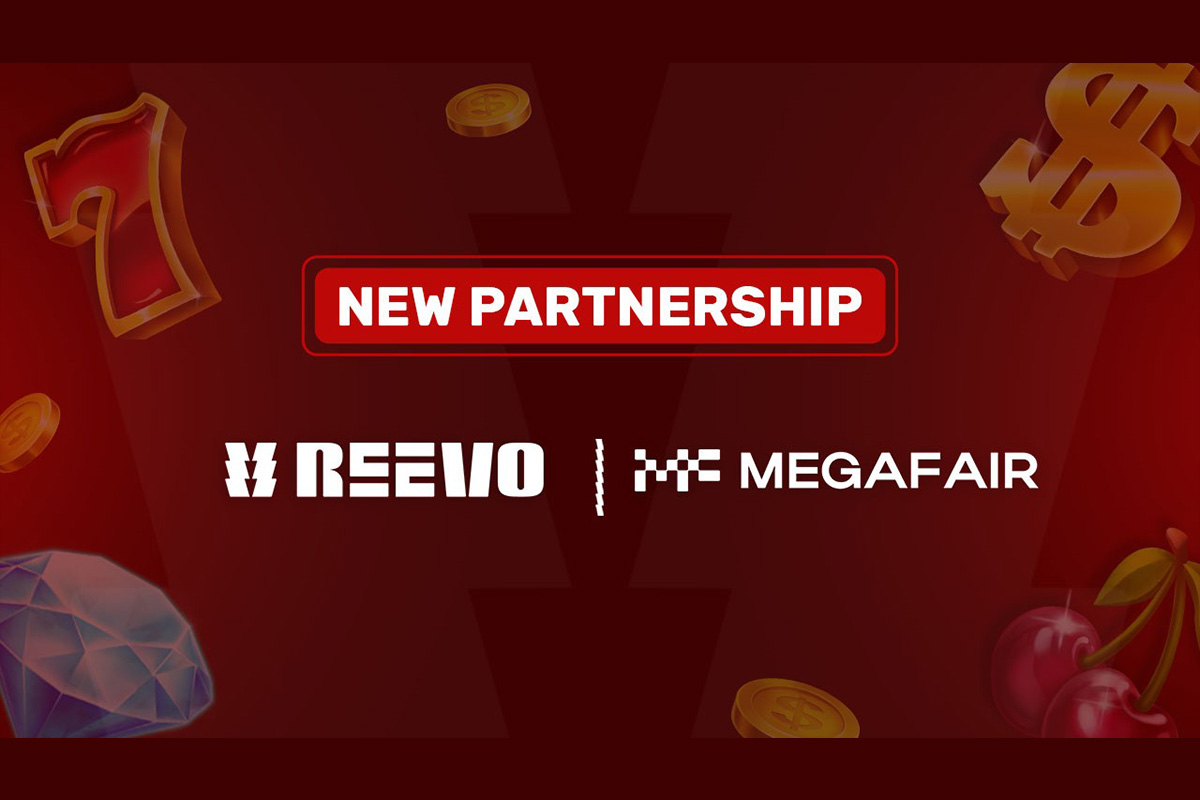
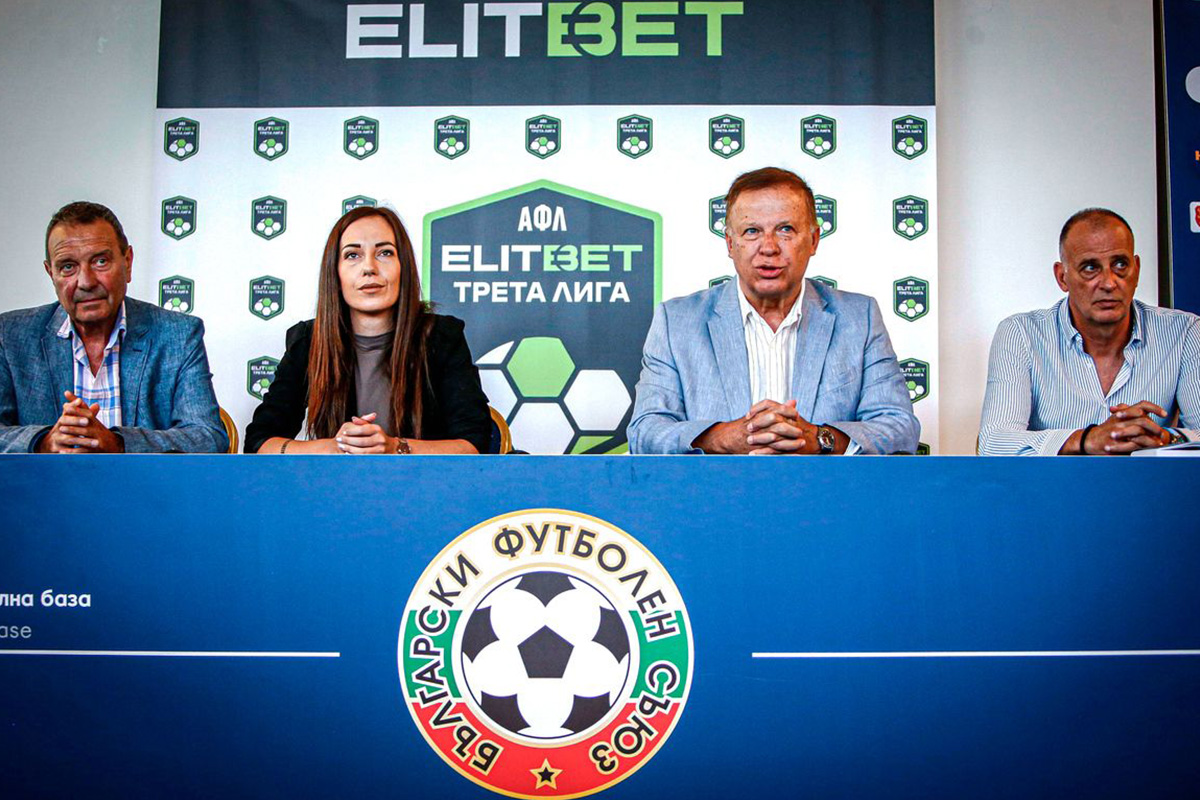
You must be logged in to post a comment Login